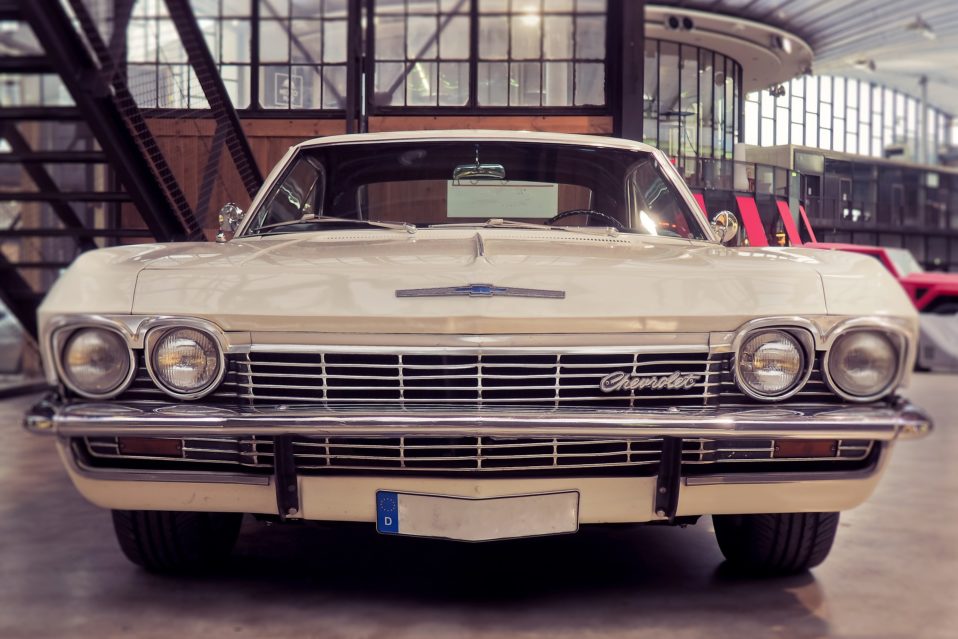
Many car buyers usually buy their vehicles from used car dealerships to save money. As brand-new cars lose value via depreciation as soon as they hit the roads – and then continue to fall in worth with each mile they travel – used cars are available at a fraction of the price of new ones.
However, buying used cars is a risky business, as if you’re not careful you’ll end up buying a car that will cost you a fortune in maintenance costs.
Here are some tips to help you avoid the common pitfalls and get the best deal possible when buying a used car.
Be Aware Of Warranties
Usually, private sellers do not offer any warranties on the car they are selling, but if the vehicle is within its manufacturer’s warranty period, this can be transferred over to the new owner. Check if this will be the case with the used cars you’re looking at before agreeing to a purchase.
Also, make sure to inspect the car thoroughly before deciding to buy it. Find out as much as possible about the car’s history and ask for its service records for you to look over – this will help you be properly informed when making the decision about whether to purchase the vehicle or not.
When buying a used car, you must know all about the car itself because there is no guarantee that the car has been properly maintained and is free from accidents. This means that if you’re not careful, a used car will end up costing more than a new car once the regular maintenance and repair costs have been factored in.
Know Your Numbers
When buying a used car, it’s crucial to know how much you are able to spend on the purchase.
Firstly, work out your monthly net income (i.e. your post-tax monthly income minus your regular monthly expenses such as mortgage payments, food costs, utility bills, travel expenses etc.) and then ask yourself how much you can afford to pay as an initial payment for a used vehicle, and also how much you can then pay in monthly finance and/maintenance costs.
While calculating these numbers, consider the cost of fuel, insurance, servicing, and how many miles to the gallon you can expect the vehicle to give you.
Cars with comprehensive safety features such as airbags and anti-lock braking systems may be cheaper to insure than other vehicles, so factor this in and – if possible – seek quotes from insurance companies when considering a purchase.
Lastly, if you’re using a loan or a financing option to help you pay for the vehicle, be aware of the interest rate!
Check every word of the small print and the terms & conditions to make sure you’re not risking exposure to the kind of rapid increase in your monthly payments that will leave you facing a financial calamity.
Can You Sell It On?
No car lasts forever, but selling a used car for a decent price can be difficult and time-consuming, which is why people often get frustrated and end up selling their vehicle for scrap, or to a professional dealer at a very low price.
Here are a few tips to help you get the best deal possible when selling your used car.
- Identify the market value of your vehicle by researching its make and model on the internet or in your local used car dealership. Ask any knowledgeable people you know for their opinions too.
- Then, consider whether you have made any valuable additions or customisations to the vehicle that have increased its worth above the market value. And if you have the time, are there any other value-adding alterations you can make before putting the car up for sale? For example, as Johnny’s Auto Service explains, reprograming your vehicle’s computer is a relatively simple way to help your car run better and therefore be worth more to buyers.
- Prepare your car’s service record documents and get them ready for potential buyers to see. The more thorough the documentation you can provide is, the quicker your used vehicle will sell.
